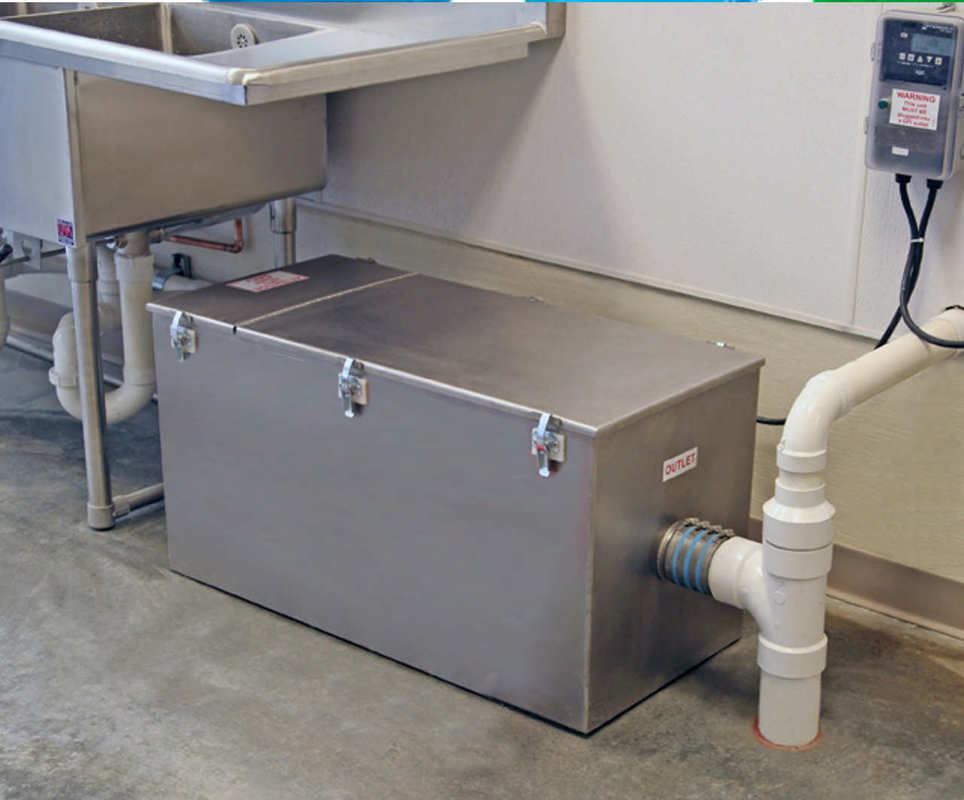Grease Removal and Disposal for Composting
If you have a grease trap on your premises, Johnstown Recycling provide an efficient and environmentally friendly grease removal service. Phone 086 - 2599 165.
With the introduction of new environmental laws, Grease Traps and Grease Interceptors have become an integral requirement of drainage systems for any premises involved in the food sector. Grease Traps are a form of waste water pretreatment used by food service establishments to separate out fats, oils and greases from waste water from dishwashers, sinks, floor drains etc. They are designed to intercept the fat, oil and grease (commonly referred to as FOG) by slowing down the flow of the hot water and grease to allow them to separate. The grease flows to the top as the water cools down trapping the grease before entering the sewer system, helping to avoid severe blockages in the drains. Grease Trap Maintenance Proper operation and maintenance of grease traps are an important means of preventing sanitary sewer overflows, which can be caused by grease accumulation in sanitary sewers (much like cholesterol lines that narrow the body’s arteries). Grease traps are designed to slow the incoming waste water so the grease congeals and floats to the top and solids settle to the bottom of the trap. If these accumulations of grease and solids are not routinely pumped out of the trap, the contaminants overflow the trap and contribute to sanitary sewer overflows. Johnstown Recycling provide an efficient and environmentally friendly grease removal service. |
Some of this Grease trap wastes (GTW) is being composted. This high energy content is advantageous to composting, where GTW is combined with other feed stocks and thermophilic temperatures are needed to ensure pathogen reduction. Carbon:Nitrogen ratios for GTW are variable and can be as low as 9:1 or as high as 15:1. GTW can be composted as a liquid (with adequate absorptive bulking agent) or as a decanted “semi solid.” (Decanting GTW is often done by haulers to raise the solids content to minimize transport costs.) The grease tends to coat the bulking agent(s) it is mixed with, which offers large surface areas for microbial decomposition in a compost pile. The high energy content encourages a more rapid rise in composting temperatures. Johnstown Recycling offer contracts and schedules for emptying grease traps tailored to meet your individual requirements. |
